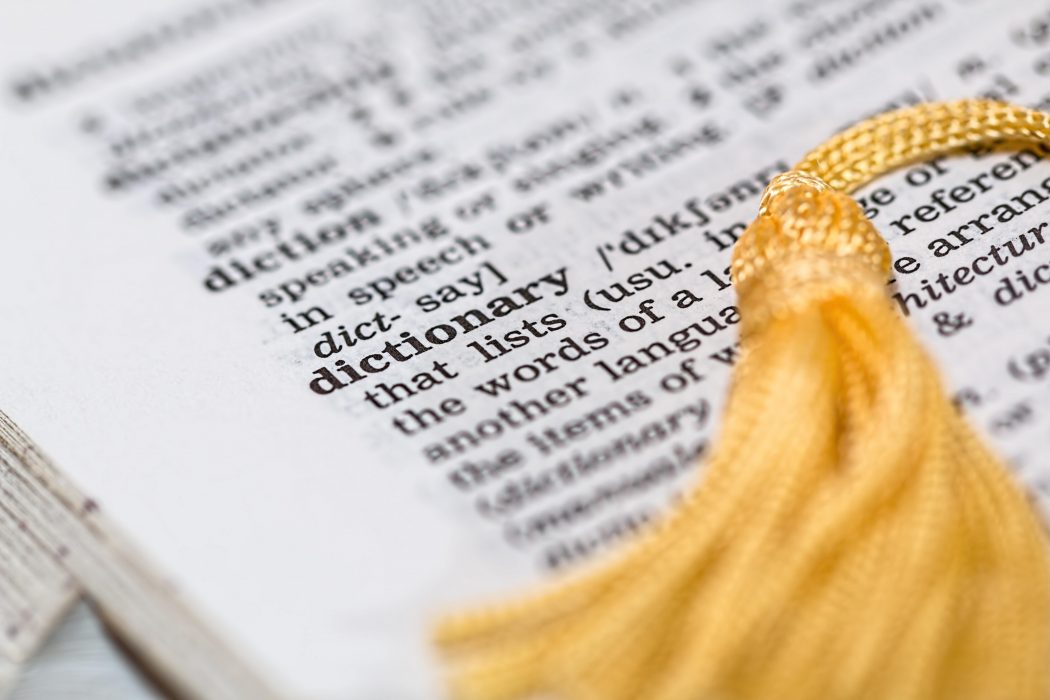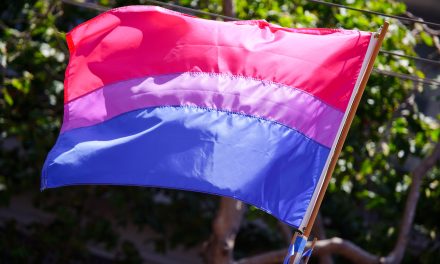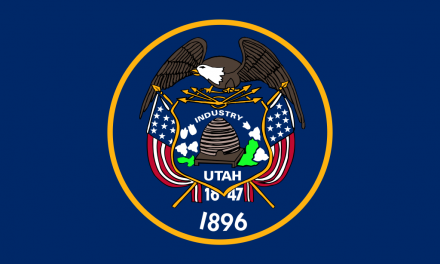(Photo Credits: Pixabay)
Dictionary.com has updated 15,000 entries mostly regarding race, ethnicity, sexual orientation, climate, gender, and internet culture in their biggest update ever, according to their statement here. They explained, “The unprecedented events of 2020, from the pandemic to the protests, have profoundly changed our lives—and language.”
They added 650 terms, some of which are gender-neutral such as Afro-Latinx (of or relating to Black Latinx with African ancestry) and Filipinx (of or relating to natives or inhabitants of the Philippines).
They also redefined over 11,000 words and capitalized Black in reference to people.
Dictionary.com said, “Capitalizing Black confers the due dignity to the shared identity, culture, and history of Black people. It also aligns with the practice of using initial capital letters for many other ethnic groups and national identities, e.g., Hispanic.”
The massive update also included replacing the words homosexual with gay, gay man, or gay woman as well as the term homosexuality with gay sexual orientation.
Dictionary.com explained that they now “define gayness as ‘gay or lesbian sexual orientation or behavior’ compared to the outmoded gloss of ‘homosexuality.'” These changes are in accordance with APA Guidelines as well as GLAAD’s recommendation they said, adding, “These changes alone affect over 50 entries.”
According to Dictionary.com, the words homosexual and homosexuality “originated as clinical language, and dictionaries have historically perceived such language as scientific and unbiased.” Further, Dictionary.com said, “But homosexual and homosexuality are now associated with pathology, mental illness, and criminality, and so imply that being gay—a normal way of being—is sick, diseased, or wrong.”
Dictionary.com also redefined the words that use -sexual such as bisexual, pansexual, etc. Moreover, they added other LGBTQIA-related terms in their update such as ace, ambisextrous, asexual, biromantic, deadname, gender-inclusive, gender diversity, and trans+.
Read the story in full here.
Having said all that, language is “constantly adapting and changing,” according to BBC UK. This happens in order to “reflect our changing lives, experiences and cultures.” They cited many other reasons of course, this included trade and migration, new ideas, technology and inventions, and also because “it’s not just the words themselves which change; the way in which we use them can shift too.” Read here for more information as to why language changes over time.









